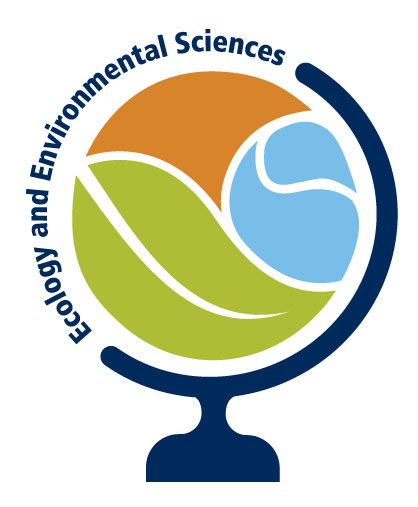Job and Career Resources
What Can I Do With This Degree?
Graduates from the program have gone on to managerial, educational, advocacy and technical positions in their fields of interest. EES graduates have found positions at consulting firms, municipal planning departments, state and federal agencies, law firms, non-profits and more. In addition, a number of recent graduates have chosen to pursue graduate studies in diverse fields, including soil science, resource economics, social work and animal behavior. The University of Maine has, among others, an outstanding graduate program in Ecology and Environmental Sciences leading both to M.S. and Ph.D. degrees.
In today’s job market, it is important to gain experience outside of the classroom. In EES, we encourage our students to gain on-the-job experience as soon as possible, as early as their first year on campus.
Here’s how to get started:
Step 1. Identify an internship or organization you want to work for
- Think broadly about what interests you– what kind of work (e.g. laboratory, field), study system (e.g. birds, saltmarshes, forests), geographic area (e.g. New England, Patagonia), etc.
- EES students have worked a diverse array of positions within the environmental sciences. From labs on campus to National Parks across the country and the African savannah, our students have applied their EES degree to a wide range of positions. Read about the professional experiences of current EES students and EES alumni for inspiration.
- To find and advertised position, browse our growing job board which includes links to USA Jobs, Society for Conservation Biology, and Texas A&M University, to name a few.
- To find a scientist whose research interest you and inquire directly about potential positions, browse faculty websites at UMaine or other institution, look up authors of scholarly articles, and find researchers quoted in science news articles.
- Talk to your professors, graduate students, and peers. Most people are happy to point you in the direction of someone they know who studies what interests you, or is hoping to hire undergraduates.
Job and Career Resources at a Glance
- We’ve compiled a list of job boards for environmental positions here.
- The UMaine Career Center offers individual career counseling to help you discover your career options, skills and abilities. Visit their website to learn more about what is offered.
- We’ve compiled a list of publications and articles useful in navigating your job search.
Step 2. Reach out to potential employers.
- Contact potential employers. Email usually works best. Write an email that is clear, concise, and professional, because your email may be more important for whether you get the job than your resume or CV. Here’s how: read advice from the Contemplative Mammoth blog about how to write an inquiry email.
- Provide your potential employer with the information they need, such as what type of position you are interested in and when you are available to work.
- Before inquiring about positions, make sure you have updated your resume and cover letter.
- Utilize the Maine Mentor Program, which connects current students with UMaine alumni mentors to gain career information in a field of interest, and check out their career advice on how to build your professional network.
Step 3. Apply
- Check out UMaine’s Career Center for guidance on all aspects of the application process, from interview tips to a guide for resumes. They also provide assistance with career planning, applying to graduate school, and professional networking.
- Applying for jobs at USAjobs.gov can be a bit challenging. Fortunately, there’s a handy guide with tips and tricks to getting started with USAjobs.gov
- Some positions, especially graduate student positions, will require letters of recommendation. Be sure to request letters of recommendation well in advance (6 weeks before the deadline is the rule of thumb), and keep in mind that certain times of year are especially busy for your professors, supervisors, and mentors. Read more tips about composing your resume or cv and obtaining excellent letters of recommendation from the Purdue Online Writing Lab and further guidance from the Chronicle on asking for recommendation letters
Quick links to UMaine’s Career Center
- Searching for jobs
- Resume guide
- Cover letter
- Interviewing and behavioral interviewing
- Networking resources from the Maine Mentoring Program
How to:
Step 4. Get out there and get experience in the field.
- Make sure to approach each position, be it volunteering, an internship, or a paid position with goals in mind. Think critically about what you would like to gain from the position, and how it will best advance your career. For example, do you want to learn certain field skills or lab techniques? Make professional connections for the future? Figure out whether a certain type of job is for you? Work to ensure you make the most out of every opportunity.
- EES students have used job and internship experiences to fulfill course credit, independent studies, honors theses, and capstones. Learn about how EES alumna Afton Hupper turned her passion for food and sustainability into honors thesis research. Similarly, EES alumna Emily Anderson worked on a research project surveying Maine’s bat populations for her Honors thesis.
- If you are interested in using work experience to fulfill degree requirements, contact your advisor or the EES undergraduate coordinator Dr. Kate Ruskin
Doing research as a student:
- Read advice on how to make the most out of your upcoming internship experience
- Please contact us and share your experience doing research as a student. We love to highlight the work EES students are doing.


